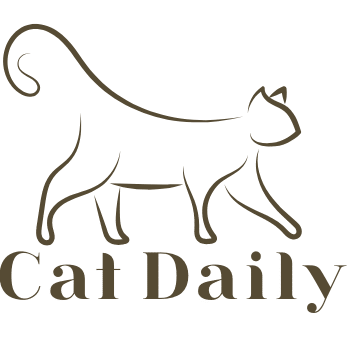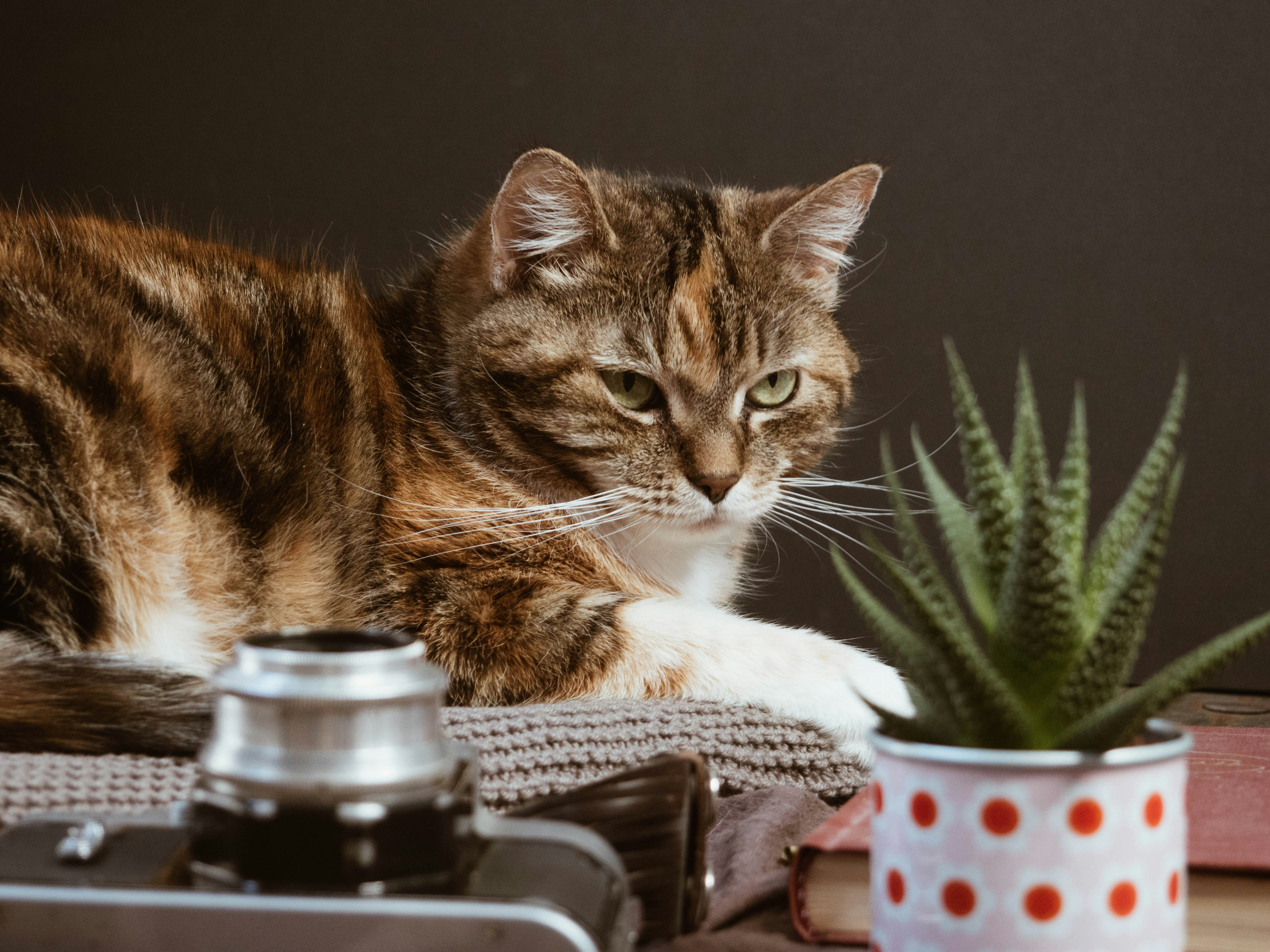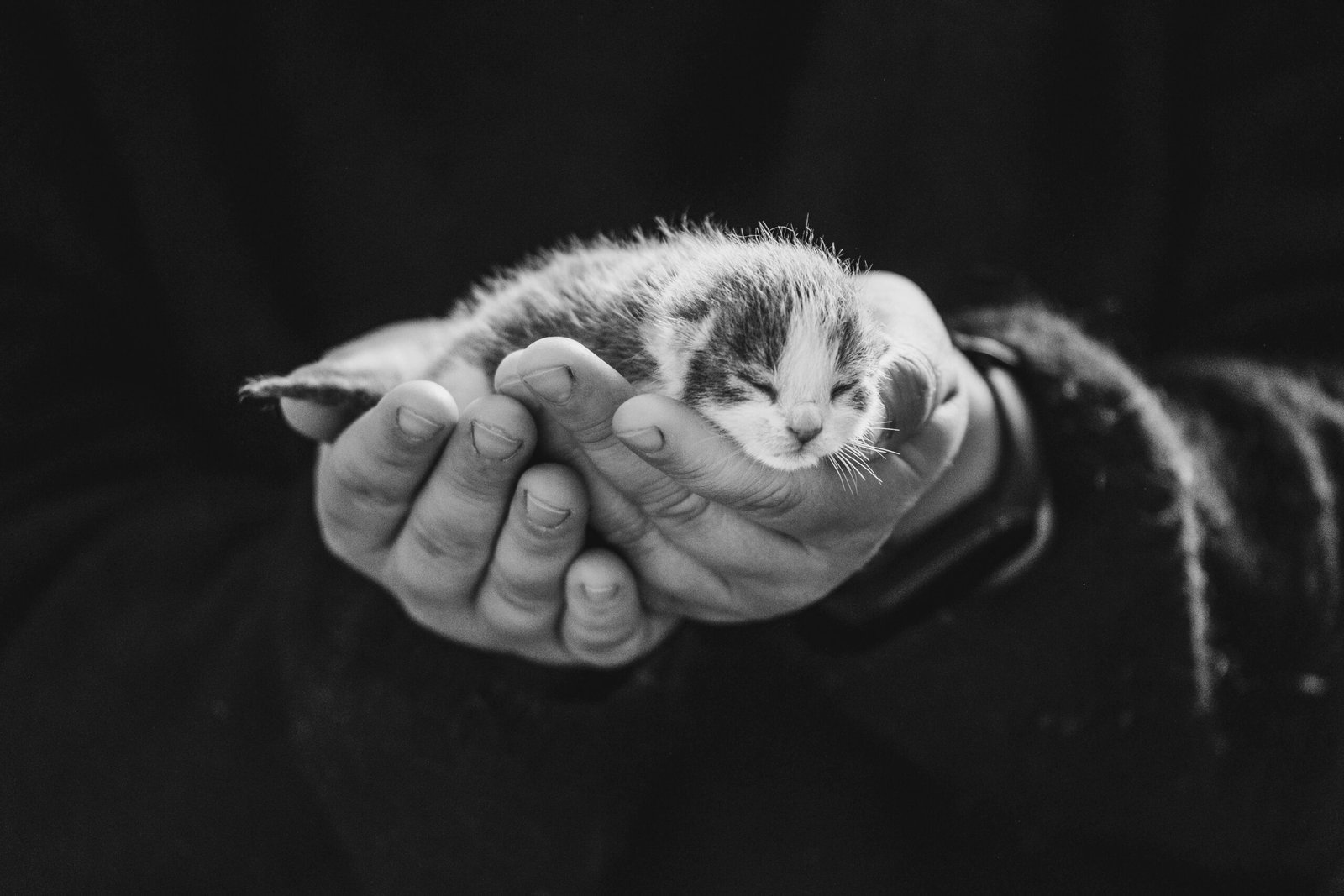 Photo by Pasha Chusovitin on Unsplash
Photo by Pasha Chusovitin on UnsplashUnderstanding Your Cat’s Health Needs
Caring for a cat involves a comprehensive understanding of its health requirements at various life stages: kittens, adults, and seniors. Each stage presents distinct challenges and necessitates different approaches to ensure the well-being of your feline companion. For kittens, the focus should be on early veterinary visits, as these are crucial for vaccinations which protect against common diseases such as feline panleukopenia and calicivirus. The importance of spaying or neutering cannot be overstated; it prevents unwanted litters and can eliminate certain health risks in the future.
For adult cats, regular veterinary check-ups become essential in monitoring health and identifying potential issues early. Regular examinations allow veterinarians to assess weight, dental health, and vital functions, which can help in mitigating risks for conditions like obesity, diabetes, and kidney disease. Vaccinations should continue as recommended by your veterinarian, as staying up-to-date is central to maintaining a cat’s health. Understanding the dietary needs and exercise requirements can also support long-term health.
As cats age, their health needs often change, making it crucial for owners to remain vigilant. Senior cats may exhibit signs of discomfort or behavioral changes, which can sometimes indicate underlying health issues. Regular veterinary visits can help in managing age-related problems like arthritis, dental issues, or hyperthyroidism. It is vital for cat owners to recognize signs of illness, such as changes in appetite, lethargy, or altered grooming behavior, and seek medical attention promptly. By fostering an environment of regular healthcare and being proactive in recognizing health changes, owners can significantly enhance their cats’ quality of life and longevity.
The Essentials of Cat Nutrition and Grooming
Providing a well-balanced diet is pivotal to a cat’s overall health and longevity. Cats are obligate carnivores, meaning their nutritional needs require a diet rich in animal-based proteins. The primary types of food available for feline nutrition include wet, dry, and raw food options. Wet food is often beneficial for hydration, particularly for cats that do not drink sufficient water. Dry food tends to be more convenient and aids in maintaining dental health, while raw diets can align with a cat’s natural eating habits. When selecting food, it is important to consider age-specific formulas, as kittens, adults, and senior cats have varying nutritional requirements. Special dietary needs may also arise due to health issues such as obesity, allergies, or gastrointestinal sensitivities.
Hydration plays a critical role in feline health. Many cats are prone to urinary tract diseases; thus, encouraging water intake becomes essential. Providing fresh water at all times and considering moisture-rich foods can help achieve this goal. Additionally, supplements that cater to specific health issues, such as omega fatty acids for skin and coat health, can enhance well-being when integrated thoughtfully into their diet.
Grooming is equally important and goes beyond the basics of feeding. Regular brushing helps reduce shedding and hairballs, which can significantly impact a cat’s comfort and health. The frequency of grooming often depends on the cat’s coat type; long-haired cats typically require more regular grooming than short-haired breeds. Furthermore, dental care should not be overlooked. Regular checks and the use of dental treats can aid in preventing dental disease, while routine nail trimming can save both the cat and its surroundings from unintended scratches and damage. By integrating these nutritional and grooming practices, cat owners can significantly enhance their pets’ quality of life, ensuring they leads a healthy, pristine existence.
RELATED POSTS
View all



